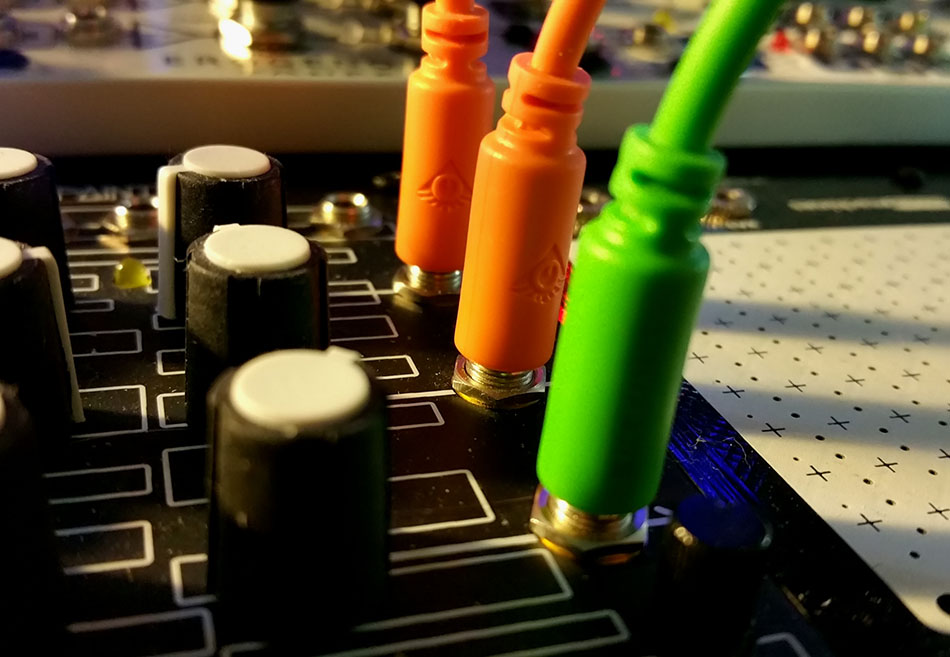
Recently there was a post on The Muff Wigglers (the Facebook version of Muffwiggler) that asked the community of modular synthesizer enthusiasts, “Since the explosion of modular and boutique clones and the like, why do most of the music simply suck? For example, bing, poop, dong dong, cling, sample and hold, shudder shudder, rumble, bong, derp derp, twang. Thoughts?”
The person asking this opened a firestorm of protest for generalizing that this type of music is somehow inferior or that it inherently sucks. The problem is that there are amazing examples of modular synth music out there that are now considered classics and contemporary musicians that are inspiring tens of thousands of us. On the other hand, there has been a relative explosion of interest in the tools that are available for Eurorack and learning this craft. With this recent uptake in the field, there are a lot more people who are exploring how these instruments work. This is where the problem rears its head.
Learning how to make sound is the first step in approaching the idea of someday making music with one of these complex configurations of synthesis modules. Many of us are approaching this endeavor with absolutely no musical training, and that’s okay, as this has always been the path of rock and roll and DIY culture. This guy who challenged a community to respond ultimately drew more than 1000 comments with the majority condemning him for using such heavy-handed draconian language that was mostly interpreted as being flaming troll bait.
For anybody who has been close to the music industry or aspired to be a serious musician they know that most people are not born aficionados at picking up an instrument and owning its breadth of potential. Nor can we humans practice or exist in a vacuum and so we must make ourselves vulnerable by asking others for their input. Most synthesists will be the first to admit that their experimentation approaches the sound of blaring car alarms or cats meowing in various states of pain and ecstasy. While this may well be true it doesn’t do anyone any good to listen to or read abject cruelty. This kind of bullying does not inspire people to perform better or learn more, but it does often encourage people towards avoidance. Not to say that anyone should be treated like a snowflake, and yes I can admit that we all benefit from criticism, but it’s a measure of civility and patience to offer valid critiques and constructive observations to help the novice find their way.
At 54 years old, I don’t really give a squat whether people hate what I’m posting here; I’ll probably cringe when I listen to it in some months or years into the future myself. A big difference is this will never have anything to do with my career as it’s nothing more than a hobby; for others, it’s part of a dream. Maybe there was a benefit in the 1960s of practicing the electric guitar in the basement alone because no one else could hear our hammering the instrument to death, but that was then, and we are now living in the age of social media where content can be shared across disparate networks in a moment. Tolerance might be a skill that some of us should focus on acquiring more of rather than whipping an acid tongue of loathing against the unsuspecting.
Today’s patch of Bing Dong Dong was constructed using the following modules: Ultra Random Analog by Steady State Fate (SSF), Makenoise Pressure Points, Brains, Wogglebug, and Tempi, the Intellijel Planar, Varigate 8+ by Malekko, a Synthtech E950/951 combo, Spectrum and Aperture from WMD, an Ultrafold from WMD and SSF, Levit8 from Erogenous Tones, and finally the Dual Looping Delay from 4MS.